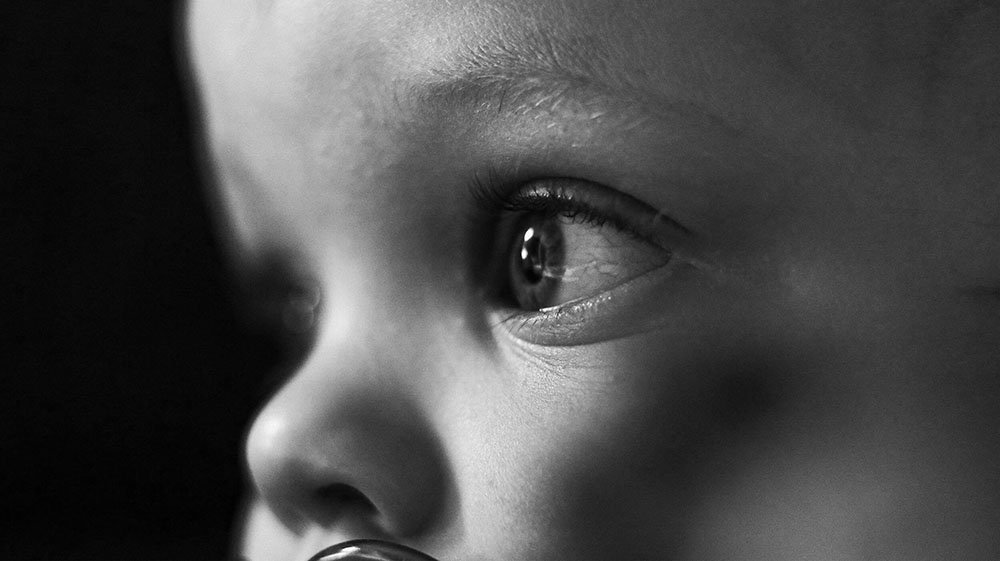Katharine Stevens on Her New Think Tank and the Need for Better Early Childhood Policy
By Naomi Schaefer Riley | Ian Rowe | Katharine B. Stevens
PODCAST
January 11, 2023
The last few decades have seen a huge growth in scientific research on early brain development, showing that the earliest years in a child’s life are pivotal in laying the foundation for long-term success. Funding for early childhood policy has mostly focused on non-parental care, in the form of daycare, universal pre-K, and Head Start. Are there alternative policy solutions to help parents with young children?
In this episode, Naomi and Ian are joined by Katharine B. Stevens, former resident scholar at the American Enterprise Institute and founder and CEO of the new think tank, the Center on Child and Family Policy (CCFP). CCFP is prioritizing research on family and health, with a special focus on improving outcomes for children born to single parents.
With over 40 percent of babies born to parents who are on Medicaid, Katharine argues we should look to organizations like the Centering HealthCare Institute, which has created more affordable group pre-natal and post-natal care. Katharine also argues for subsidizing the wages of one parent while also allowing the other parent to take an advance on their child tax credit. This will help ensure that parents who want to have the ability to stay home and raise their new child.
Resources:
Why I’m Founding CCFP | Katharine B. Stevens | Center on Child and Family Policy
Improving Early Childhood Development by Allowing Advanced Child Tax Credits | Katharine B. Stevens and Matt Weidinger | Tax Notes Federal
Show Notes
02:00 | Research shows the earliest years of brain development are the most critical
04:30 | Focusing exclusively on child care, universal pre-K, and head start excludes better policy interventions
12:35 | We should be ensuring quality access to pre-natal health and focusing on strengthening the family
21:00 | The success of the Centering Institute
26:30 | How can DC think tanks work to shape culture along with policy?
See Also
Event ~ October 19, 2018
Report ~ April 8, 2021
Blog ~ November 30, 2022





